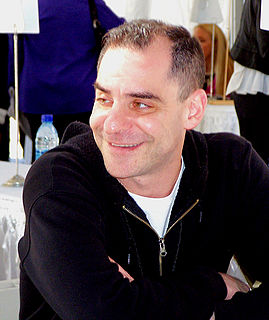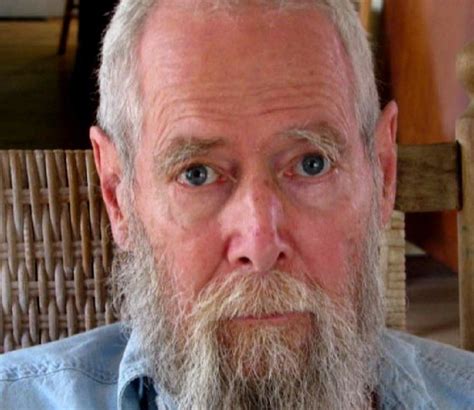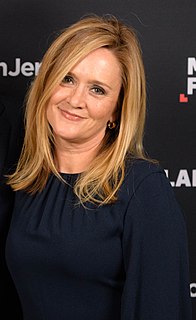A Quote by David Rakoff
If psychoanalysis was late 19th century secular Judaism’s way of finding spiritual meaning in a post-religious world, and retail is the late 20th century’s way of finding spiritual meaning in a post-religious world, what does it mean that I’m impersonating the father of psychoanalysis in a store window to commemorate a religious holiday?
Related Quotes
I guess what attracted me about the philosophy aspect was that it was realistic. It didn't go off into the realm of imagination land, which I find a lot of religious teachings, actually almost every religious teaching does. I keep meaning to write this up as a blog post, but lately, while driving in my car I've been listening to a religious station that comes on out of Cleveland from the Moody Bible Institute.
The spiritual differs from the religious in being able to endure isolation. The rank of a spiritual person is proportionate to his strength for enduring isolation, whereas we religious people are constantly in need of 'the others,' the herd. We religious folks die, or despair, if we are not reassured by being in the assembly, of the same opinion as the congregation, and so on. But the Christianity of the New Testament is precisely related to the isolation of the spiritual man.
You have to be closer to religious origins -- the generation of the 20's was truly secular in that it still knew its theology and its varieties of religious experience. We are post-secular, inventing new faiths, without any sense of organizing truths. The truths we accept are so multiple that honesty becomes little more than a strategy by which you manage your tendencies toward duplicity.
If you look at that incredible burst of fantastic characters that emerged in the late 19th century/early 20th century, you can see so many of the fears and hopes of those times embedded in those characters. Even in throwaway bits of contemporary culture you can often find some penetrating insights into the real world around us.
I'm very religious, you know. Now, OK, if by 'religious', you mean that I go to church every Sunday, read the bible faithfully, and I listen to Debbie Boone, umm, I'm not religious in that sense... But if by 'religious' you mean that I love others and try to help them whenever possible... Again, no. But if by 'religious' you mean that I like to eat coleslaw... Yeah, OK, OK!
I was really interested in 20th century communalism and alternative communities, the boom of communes in the 60s and 70s. That led me back to the 19th century. I was shocked to find what I would describe as far more utopian ideas in the 19th century than in the 20th century. Not only were the ideas so extreme, but surprising people were adopting them.






































